‘Disruption’ is everywhere in the hospitality world. This does not mean that disruption is taking place everywhere in the hospitality world, but it does mean that there is talk of disruption on a daily basis. There are the major players in disruption, and we all have an idea of who these are. But there is often a disconnect between the true ‘disruption’ that is taking place at the highest levels of our industry and the opportunity for ‘disruption’ that exists in many of our individual properties. How certain are you that your property leadership team(s) understand the concept of disruption, and are capable of injecting disruptive thought and strategy into your assets?
Tell the truth; when you think ‘disruption,’ you think high-volume, technology-based concepts such as AirBnB, Uber, and the like. You’re right, these are disrupters, but how much of a difference are they making in the daily lives of your individual properties? Drilling down, there is tremendous opportunity for disruption in your hotels, but only if your property management understands disruption and knows how to translate it into your business.
Here’s an example: a four-star hotel property flying the flag of a global brand that gives up that flag through an ownership transition, then brings in a less-known and more agile management company to take over operations. The new management company immediately reduces room rates in the interest of trying to increase volume and, in doing so, almost just as immediately begins to lose market share even as they grow occupancy. True disruptive thought applied here would recognize the fact that increased volume at the expense of market share is not a good thing, and that specific and measurable modifications to strategy must be applied in order to right the ship. Disruptive thought must be forward-thinking enough to understand that achieving desired results (increased occupancy, in this case) may have long-term costs. True disruptors must recognize these potential consequences of their strategic actions before they execute those actions, otherwise they risk suffering negative long-term results.
In another sense, disruption can be viewed as the ability to implement and execute strategic plans that will actually be achieved. If we accept the fact that the literal definition of disruption is to implement a radical change in an industry, business strategy, etc., then setting forth and executing strategic plans that are accomplished and that result in measurable gains vs. targets could be considered the most valuable type of disruption possible. So, how to focus your property team(s) on local disruption?
It starts with a culture of understanding; understanding goals, understanding strategies, and understanding the end game. We as hospitality leaders do a fine job of setting those goals and empowering our various teams (corporate, regional, property) to strive to achieve those goals. Where we sometimes come off the rails, however, is in providing the business environment that clearly encourages those teams to break out of their norms to achieve extraordinary results. We pride ourselves on achieving budget each year, but is budget a true reflection of our potential? The secret to raising the performance of our assets is not necessarily raising the metrics that we use to define success, but rather in raising the environment of success that resides in our buildings. When we can begin to achieve such an environment, true opportunities for disruption will present themselves on a seemingly daily basis.

